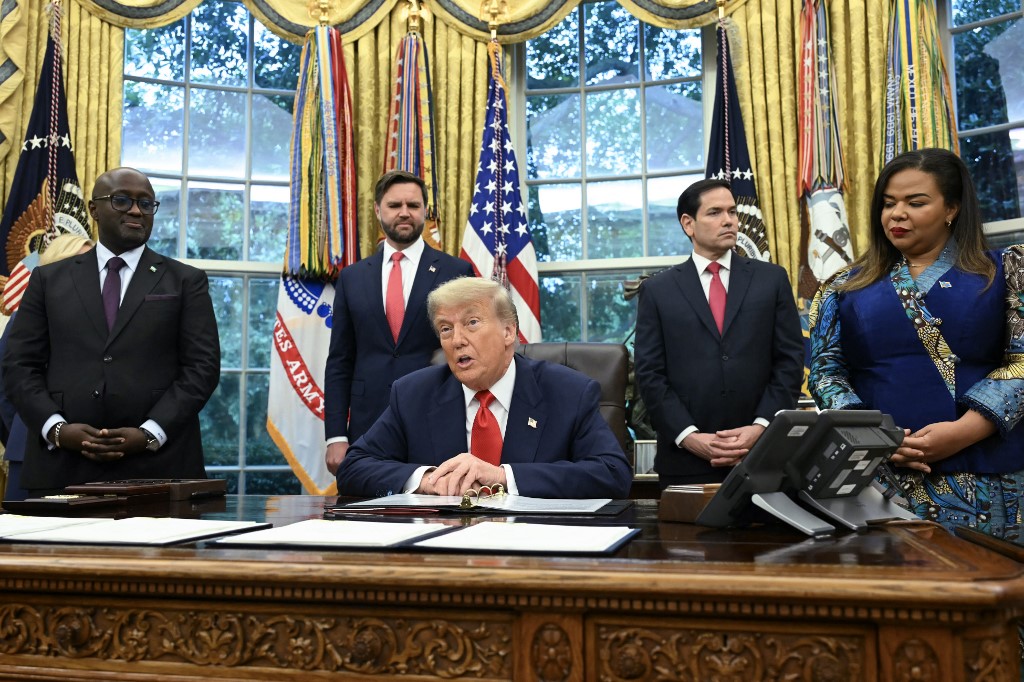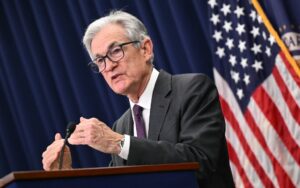Things were looking pretty dicey for a while there.
Israel and Iran were on the brink of a full-scale war, then the United States sent in the B-2 bombers – much to the chagrin of libertarian/MAGA voices in the Trump Administration. Bitcoin (BTC) even fell back below US$100,000 as the shockwaves from “Operation Midnight Hammer” rattled the crypto markets.
And then… peace? The situation in and around the Persian Gulf isn’t exactly quiet, but all the main players are at least pretending that things are under control. The price of Bitcoin was back over $100K even before President Trump’s ceasefire mandate this past Monday; as we go to press, Bitcoin is selling at $107,303.47, up nearly 3% from a week ago.
If you want to do it right, crypto betting and investing demand close attention to world events as well as the markets themselves. And business is indeed picking up, at least for now. Here’s why.
What Happened to Crypto?
Liquidation. Unless you’re part of the military-industrial complex, war is bad for business, so when things got heated between Israel and Iran, investors sold off their crypto. According to Coinpedia, some $713 million in long positions were torched on June 13 alone, as the Israeli Air Force started attacking Iran’s nuclear facilities and other targets. This caused a 2.47% decline in overall market capitalization – nearly half of that in Bitcoin.
While the price of Bitcoin fell 2.3% that day, it was the altcoins that really took it on the chin:
- Ethereum (ETH): minus-4.5%
- Ripple (XRP): minus-3.24%
- Solana (SOL): minus-4.9%
- Dogecoin (DOGE): minus-5.9%
This says a lot about both the sellers and the coins themselves.
Bitcoin is naturally the least unstable of these investments, and the most likely to be owned (and held long-term) by regular folks; today’s movers and shakers have dived headlong into both DeFi and memecoins, so they’re the ones most likely to sell off their positions when the going gets rough.
Is Crypto Safe Again?
Relatively. All crypto investments are speculative, but the markets have responded positively in the wake of the U.S. bombing. Iran’s response appeared tailored specifically to de-escalate and save face; they reportedly gave American officials advance warning of Monday’s retaliatory strikes on a U.S. air base in Qatar, which caused zero casualties.
Meanwhile, preliminary U.S. intelligence reports suggest Operation Midnight Hammer may have only caused minimal damage to Iran’s nuclear program – despite the protestations of President Trump and Defense Secretary Pete Hegseth, who insist otherwise. We’ll learn more about the extent of the damage as time unfolds, but from a political theater perspective, all sides are declaring victory as they stand down, and it’s back to business as usual.
What Happens Next?
As always, that depends on what world leaders decide to do.
However, if we look beyond the world of geopolitics, much of what happened in the crypto markets these past few weeks was going to happen anyway. That massive sell-off from crypto’s all-time high was prompted in part by the release of the U.S. Bureau of Labour Statistics report on the Consumer Price Index for May, which showed a slight rise in year-over-year inflation from 2.3% to 2.5% compared to April.
Why the kerfuffle? Because this still-moderate level of inflation meant the U.S. Federal Reserve was less likely to drop interest rates at their June 12 meeting. Indeed, the Fed announced it would hold the benchmark lending rate at 4.33%, marking the seventh time in a row they’ve stood pat. Fed Chair Jerome Powell is steadfastly waiting for inflation to reach their 2% target before he makes any cuts.
President Trump is not happy. He said Tuesday that interest rates should be slashed by at least 2-3 percentage points, and the Wall Street Journal reported Thursday that Trump might name Powell’s successor well in advance of May 15, 2026, when Powell’s term as Fed chair expires. That successor could act as a “shadow chair” while they await Powell’s departure, turning him into the proverbial sitting duck. It could happen as early as September, or even sooner. Bet and invest accordingly.








